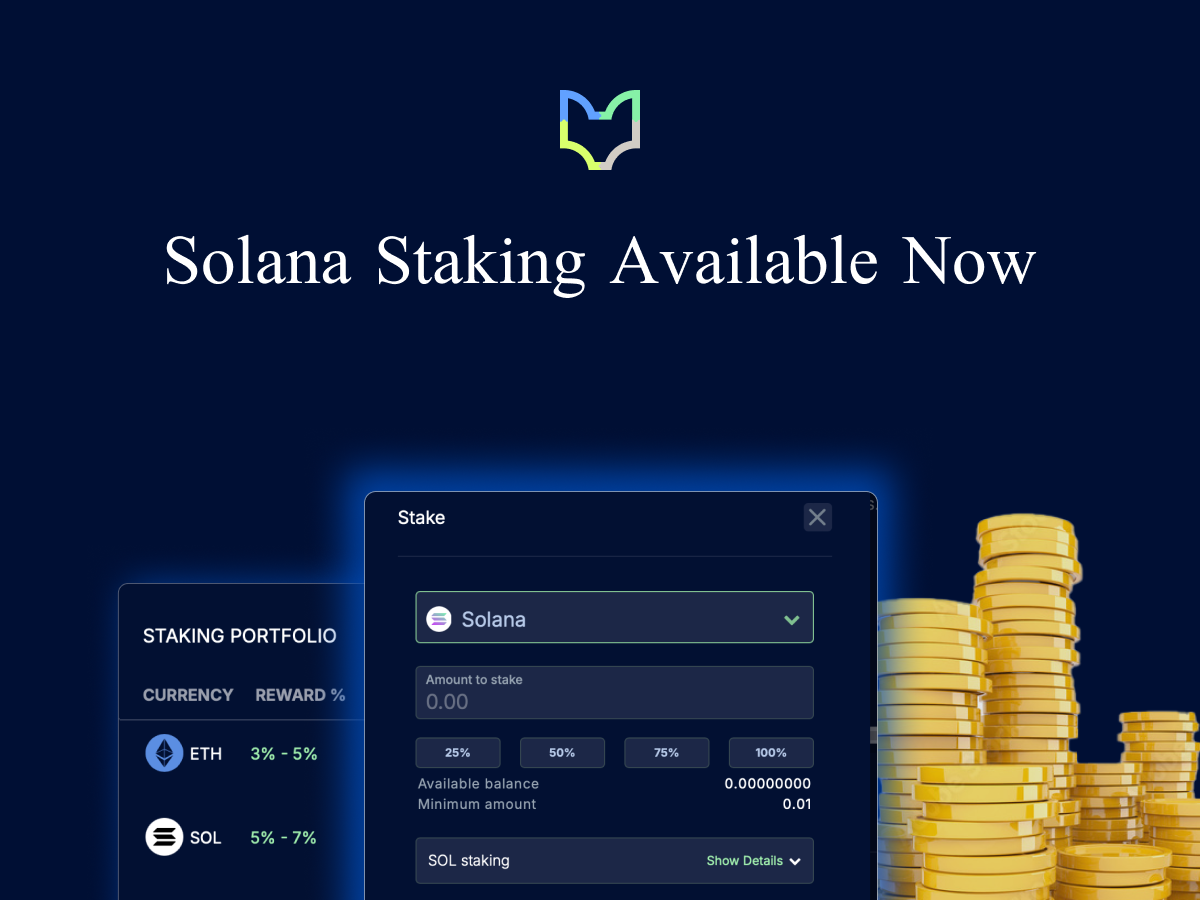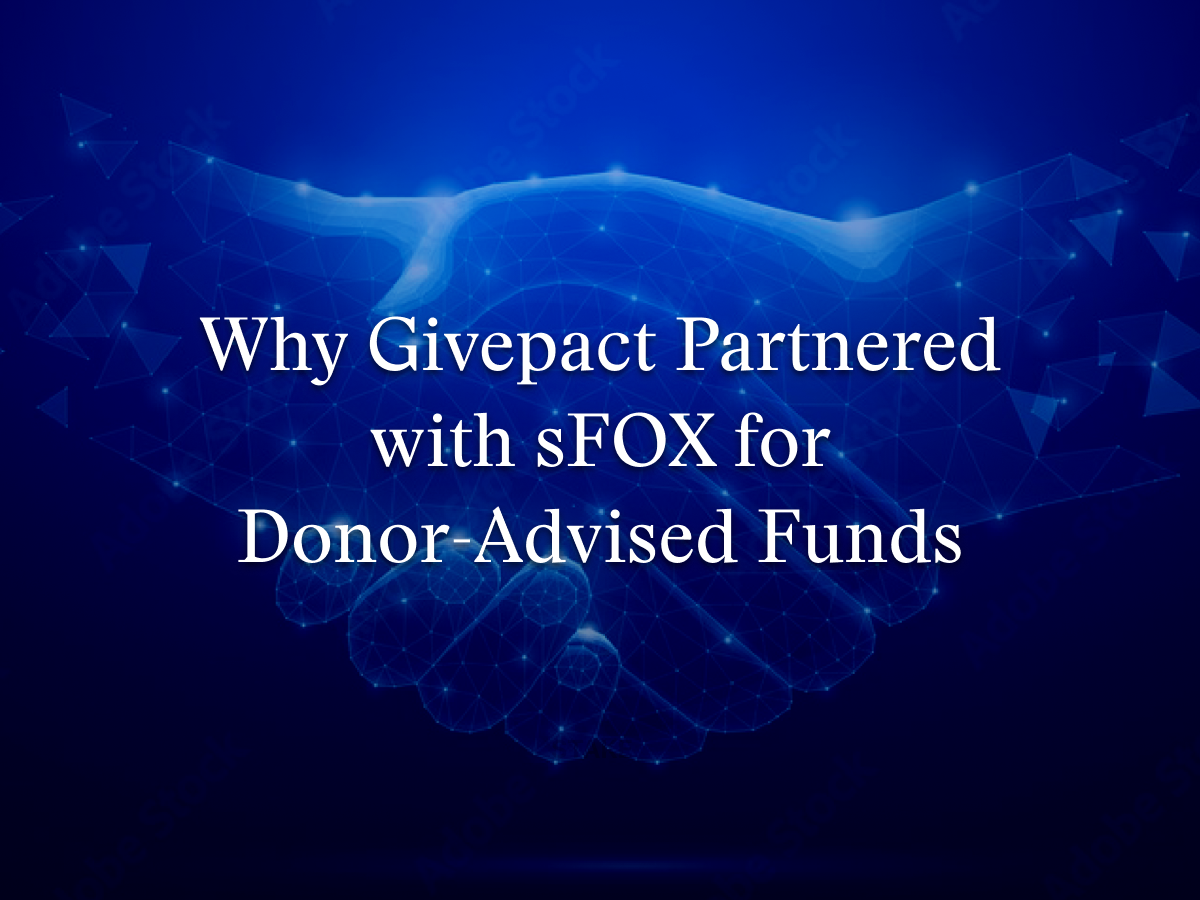Yesterday wrapped up the marathon Blockchain in NYC Week with the Token Summit conference. Token Summit is focused on discussing the best practices, economics, and regulations around blockchain-based tokens.
Panelists drew from leading figures in the community, from investors and lawyers to builders and makers. Speakers included Fred Wilson and Brad Burnham of Union Square Ventures, Andy Bromberg of CoinList, Julian Zawistowski of Golem, Connie Yang of Coinbase, Brendan Eich of Brave Software, Vansa Chatikavanij of OmiseGO, and more.
- Real-world usage: How are people using crypto in the real world? What are the evolving use cases for tokens beyond speculation?
- Regulation: What’s the state of regulation globally around cryptocurrency, and where is it moving?
Here are some of the highlights and key lessons we took away from the event.
Tech and Regulation from PayPal to Ethereum
David Sacks, former COO of PayPal, kicked the conference off by sharing his experience of trying to launch a new global currency at PayPal, and his current efforts to tokenize everything from art to real estate through blockchain technology at Harbor.
One of the reasons why PayPal won was because it was based on the U.S. dollar. We didn’t have to create a new network effect. — David Sacks
- Creating a digital currency is hard. In the ’90s, PayPal won because it didn’t have to. By building around the dollar, they could work around a built-in network effect and didn’t share the regulation concerns of previous eras.
- For institutional investors to enter crypto, they’ll need to store digital assets with custody service — another big issue for compliance.
Security Tokens
Bitcoin created the first successful system for people to send and receive fully digital assets. In the future, traditional assets such as real estate and fine art might be digitized through tokenization. In a panel discussion, Harbor’s Josh Stein, Coinlist’s Andy Bromberg, Element Group’s Stan Miroshnik, and Morgan Creek’s Anthony Pompliano sat down to talk about the current state of security tokens and what the future holds.
The digitization of the securities stack will allow regulators to be proactive, not just reactive. That’s a major value prop for regulators — Anthony Pompliano
- The promise of security tokens is to bring greater liquidity and efficiency to existing markets. As Coinlist’s Andy Bromberg pointed out, securities charge a structuring fee on top of the value of the underlying asset. Security tokens can do this programmatically across traditionally illiquid markets such as real estate, cutting out middlemen.
- While cryptocurrency exchanges have largely focused on listing a broad cross section of available currencies, in the future, exchanges will probably start to specialize in specific assets according to their liquidity pools.
- While utility tokens face an uncertain regulatory future, regulation around security tokens seems pretty clear. That’s because most security tokens are based on existing securities, and those are already regulated.
From Token Sale to Mainnet Launch
ICO became the buzziest word in crypto last year, as over 100 projects in the past year and a half have raised over $30M through token sales. Cosmos’ Jae Kwon, Maker’s Andy Milenius, Golem’s Julian Zawistowski, and Brave’s Brendan Eich shared some hands-on, operational experience around raising money through token sales.
When we were initially getting started, we couldn’t get any funding from venture capital. While they understood blockchain generally, they didn’t understand the specific technical details. The community understood it better. — Jae Kwon
- Raising more money = more potential liabilities.
- ICOs aren’t just for raising capital for new projects. They can also be used as a social growth tool, to help bootstrap a network, and as an ecosystem. Brave’s BAT tokens, for example, are used to reward users who contribute to the platform.
- Don’t try to market your token to speculators. Development around a project always takes longer than you think it will, and that quickly alienates people who buy in to make a quick buck. Focus instead on solving real problems and evangelizing the technology.
Tokens Regulation in the U.S.
Regulation will make or break the fledgling crypto industry. In this panel, Nancy Wojtas (Cooley), Brad Burnham (USV), Lowell Ness (Perkins Coie), and Lilya Tessler (McDermott, Will & Emery) drew upon their deep legal and financial experience to talk about the SEC, utility tokens, and the state of regulation in crypto.
Token regulation is highly fragmented, and that’s a major challenge when companies are trying to comply. You have to deal with the FTC, CFTC, Treasury, the 50 states, and more. — Nancy Wojtas
- A big problem for regulation and crypto is that institutions like the SEC and the CFTC simply don’t have answers yet. We’re still in the “wait and see” phase, and this is unlikely to change within the next six months.
- The crypto community needs to work closely with regulatory bodies to develop guidance that protects consumers while giving projects the flexibility to innovate.
- According to Nancy Wojtas, Democrats seem less inclined to be flexible than Republicans. If there’s a shift in Congress after midterm elections this year, the regulatory barrier for crypto may grow higher.
The Asian Crypto Landscape
In terms of consumer adoption, Asia has been spearheading the global crypto movement. In this panel, Vansa Chatikavanij (OmiseGo), Gordon Chen (FBG), Jason Fang (Sora Ventures), and Zhuling Chen (Aelf) compared their experiences with crypto in Asia to that in the West.
It could be argued that Asia is the most important region in the world when it comes to cryptocurrency, especially on the consumer side. — Nick Tomaino
- The general sentiment is that technical capabilities are lower in Asia than in the West, which makes hiring the right developers in key fields like cryptography difficult.
- Many consumers in China, Japan, and South Korea have already been educated on the basics of blockchain technology. That makes the transition to blockchain faster and easier.
- Investment is culturally different in Asia than in the West, and token offerings should be structured accordingly. In Asia, investors generally prefer a shorter investment cycle. They’re faster into projects, and faster out.
Tokens Regulation and Activity in Switzerland
Since the Ethereum foundation set up shop in Switzerland in 2014 and launched its token sale, Switzerland has become a hotbed for crypto activity. In this panel, Andreas Glarner and Thomas Linder from MME, Sebastian Bürgel of Validity Labs, and Thomas Nägele from Nägele Rechtsanwälte sat down to talk about regulation and the crypto ecosystem in Switzerland.
- Sebastian Bürgel of Validity Labs presents the following framework to understand different types of tokens: 1) Counterparty tokens give owners a claim to an existing equity or service; 2) Infrastructure tokens provide functionality within a decentralized network; 3) Ownership tokens represent ownership of an asset and/or intellectual property.
- While favorable regulation is important for the success of projects, it’s not everything. Switzerland has become a hotbed for the crypto because of the strength of the business community.
- In Switzerland, a rising number of companies outside the crypto/blockchain space have been exploring use cases for tokens from biotech firms to investment-fund managers.
Where are CryptoKitties Going?
CryptoKitties, the collectible-cat game, has been the blockbuster decentralized application on the Ethereum network, with over 2.8 million transactions and counting. CryptoKitties recently announced a $12M round from Andreessen Horowitz and Union Square Ventures to fund continued development of digital collectibles. USV’s Fred Wilson sat down with CryptoKitties founder Dieter Shirley to talk about collectible, nonfungible assets on the blockchain.
If anyone, anywhere, is running an Ethereum node 100 years in the future, your cats will still exist if your descendants can prove that they own your private key. [The blockchain] gives you the ability to make an application like that for your users. — Dieter Shirley
- CryptoKitties are built around nonfungible tokens — tokens that have unique properties and aren’t interchangeable. Unlike Ether, which can be exchanged for Gas, a CryptoKitty is valuable because of its unique nature and collectible characteristics.
- Developing games around nonfungible tokens and smart contracts is an exciting space because they’re inherently extensible. A company could, for example, start a game around collectible hats for CryptoKitties without having to build their own network. A game can be a platform on which other people can build new experiences.
- Scalability is one of the biggest challenges for blockchain. Most people don’t understand just how slow networks like Ethereum are. Ethereum is slower than the Apple 2E released in 1983 — and you need to timeshare it with 10,000 other people.
Governance and Cryptoeconomics
Crypto networks require monetary policy and extrinsic incentives to motivate the network. Chris Burniske and Joel Monegro of Placeholder VC sat down to talk about crypto networks, monetary policy, and governance.
Cryptoeconomics is the system for thinking about how this stuff performs. The important thing to remember is that none of this stuff exists yet. There are no tools [yet] for creating a cryptoeconomic monetary policy that maps to a use case. — Chris Burniske
- Theories will follow the facts of the market. It took decades to figure out how to value equities, and we still don’t always get it right. That’s why it’s important to build models, experiment, and learn with cryptoeconomics.
- Tokens that work transactionally but also provide a governance function can help generate network effects for decentralized cryptocurrencies. Projects like Decred and 0x are experimenting with ways to use tokenized incentives to increase participation in the governance process. This can help grow the size and the value of the underlying network.
- Building the ecosystem and strong governance is everything when it comes to crypto networks. Though technology comes first, technology is table stakes and indefensible because the underlying software is open source. If you can’t get consensus within the community, your project will be forked to death. As Chris Burniske said, “Humans are stickier than users.”
Nonfungible Tokens: A Nascent and Expanding Category
Applications built around nonfungible tokens may catapult mainstream adoption for cryptocurrencies in the near future. Since the launch of CryptoKitties, there’s been a rapid rise in the development of unique digital assets that can be collected and traded in games. In this panel, three leaders in this space — David Pekar of Rare Bits, Devin Finzer of Opensea, and James Ferguson of Etherbots — sat down to talk about what the future holds.
- Traditional game mechanics follow a vertically integrated model, where the logic of a game is completely centralized. CryptoKitties pioneered a new model, where developers can put items in a shared database and allow anyone to build on top of it. Blockchain-based games have the potential to unbundle traditional games.
- While early blockchain games were often gimicky, singular experiences, developers are beginning to take more time to build full-on games.
- There are a lot of user-experience challenges that still need to be solved for blockchain games. Games can be hard to get people to understand and use. You have to have MetaMask installed, and Ethereum in your wallet. Even minor transactions cost fees. While each of the panelists built on top of Ethereum, they’re all blockchain agnostic and will work with the platforms that provide the best experience for the user.
From Speculation to Usage: How Do We Get There?
While crypto assets skyrocketed above $400B in the last year, they’ve been mostly used as a vehicle for speculation so far. In this panel, Erik Voorhees of Shapeshift and Rune Christensen of Maker talked about what it will take to move from speculation to widespread usage.
We don’t have to debate monetary policy anymore. If people want to try new economic ideas, they can build them in their garages. That’s an incredible thing — Erik Voorhees
- While high volatility holds a lot of cryptocurrencies back from mainstream usage beyond speculation, big cryptocurrencies may achieve stability asymptotically as they grow bigger.
- Competition between governments to provide crypto-friendly policies will go a long way to advancing the movement through regulatory arbitrage.
- The past year was amazing for crypto projects in that many businesses became profitable and also raised a large amount of money. The coming year will be about deploying that capital to hire people and build organizations.
Key Takeaways
We took away three major lessons from the discussion at this year’s Token Summit:
- We’re not there yet. While speculation put Bitcoin and Ethereum on the map over the past year, the underlying technology needs to improve significantly for widespread issues. Solving for scalability issues and providing a better user experience will be key to the success of crypto.
- Regulatory guidance is needed. Current regulation around tokens and crypto assets is still in development and uncertain. For innovation to grow in the space, clear and flexible regulatory frameworks are needed. Panelists at the summit unanimously welcomed greater regulation and called for community members to help educate and guide regulatory bodies.
- Cryptocurrency is driven by experimentation. Rapid experimentation, from monetary policy and governance to the underlying technology, is the characterizing feature of crypto. The rise of different projects, protocols, and tokens and a willingness to be open to new things is the driving force behind the space.
Thanks to everyone who had a hand in putting this event on! We had a great time, and we’re excited to watch these exciting projects and trends unfold over the course of the next year.
The above references an opinion and is for informational purposes only. It is not intended as and does not constitute investment advice, and is not an offer to buy or sell or a solicitation of an offer to buy or sell any cryptocurrency, security, product, service or investment. Seek a duly licensed professional for investment advice. The information provided here or in any communication containing a link to this site is not intended for distribution to, or use by, any person or entity in any jurisdiction or country where such distribution or use would be contrary to law or regulation or which would subject SFOX, Inc. or its affiliates to any registration requirement within such jurisdiction or country. Neither the information, nor any opinion contained in this site constitutes a solicitation or offer by SFOX, Inc. or its affiliates to buy or sell any cryptocurrencies, securities, futures, options or other financial instruments or provide any investment advice or service.



